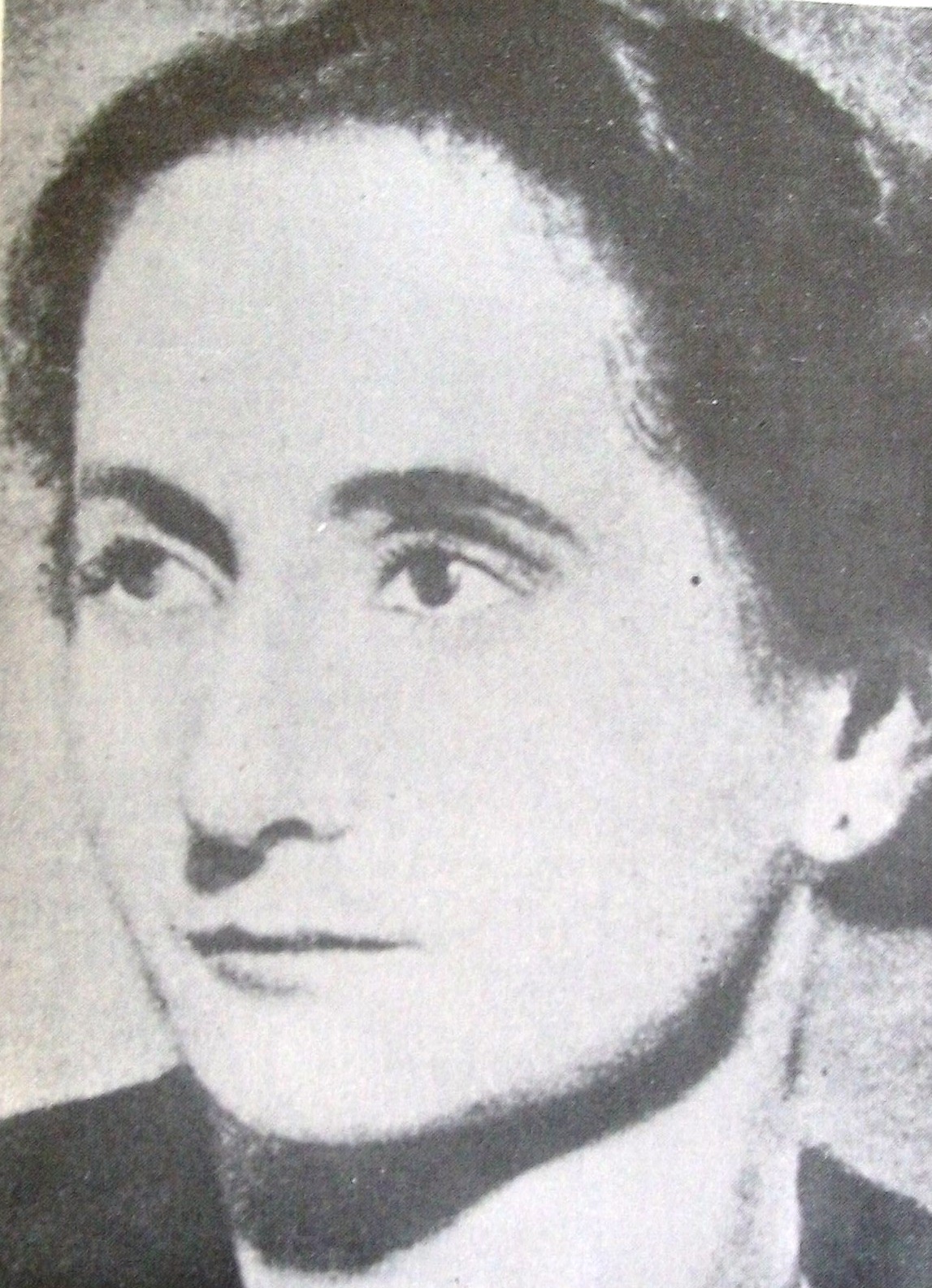Ma. Rosa Lida de Malkiel Books
-
Two Spanish Masterpieces by
Call Number: P25 I3 v.49 -
La originalidad artística de La Celestina by
Call Number: PQ6428 L5
Two Spanish Masterpieces and La Originalidad Artística de La Celestina
Two Spanish Masterpieces and La originalidad artística de “La Celestina”
An International Celebration of the 50th Anniversary of María Rosa Lida de Malkiel's Work
15-17 April, Pyle Center, University of Wisconsin-Madison
 María Rosa Lida de Malkiel (1910-1962) authored an extensive body of scholarship on medieval and early modern letters. In the field of Hispanic literature, some of her works include Juan de Mena, poeta del pre-renacimiento español [Juan de Mena, Poet of the Early Spanish Renaissance] (1950), La idea de la fama en la Edad Media castellana [The Concept of Fame in the Castilian Middle Ages] (1952), and two works that we will celebrate in this symposium Two Spanish Masterpieces (1961), and La originalidad artística de “La Celestina” ([The Artistic Originality of “La Celestina”] posthumous publication, 1962).
María Rosa Lida de Malkiel (1910-1962) authored an extensive body of scholarship on medieval and early modern letters. In the field of Hispanic literature, some of her works include Juan de Mena, poeta del pre-renacimiento español [Juan de Mena, Poet of the Early Spanish Renaissance] (1950), La idea de la fama en la Edad Media castellana [The Concept of Fame in the Castilian Middle Ages] (1952), and two works that we will celebrate in this symposium Two Spanish Masterpieces (1961), and La originalidad artística de “La Celestina” ([The Artistic Originality of “La Celestina”] posthumous publication, 1962).
Born in Argentina, María Rosa Lida established herself as a scholar of note in the Buenos Aires academic circle of the Instituto de Filología, then worked in Mexico with the important journal Nueva Revista de Filología Hispánica, before coming to the United States and the University of California at Berkeley, where she married the eminent Romance linguist, Yakov Malkiel. Although this celebrated scholar published most of her important critical studies in the mid- 20th century (1950s and 60s), her work has stood the test of time and is oft quoted by 21st-century scholars, even 50 years after the date of the original publication.
Her last books are now seminal studies on two fundamental works of Spanish literature: the Libro de buen amor [The Book of Good Love] and Celestina, which texts reflect the interaction of Christian, Islamic, and Jewish cultures in the 14th and 15th centuries.
Although there is a rich critical bibliography dedicated to both the Libro de buen amor and Celestina, there are still avenues of investigation and new approaches to the texts that fascinate scholars and require further study. This conference will celebrate the work of an important scholar and the texts to which she dedicated a great portion of her research. Participants will explore important critical views of the works and their cultural impact on medieval and early-modern Spain and its rich multi-cultural heritage.